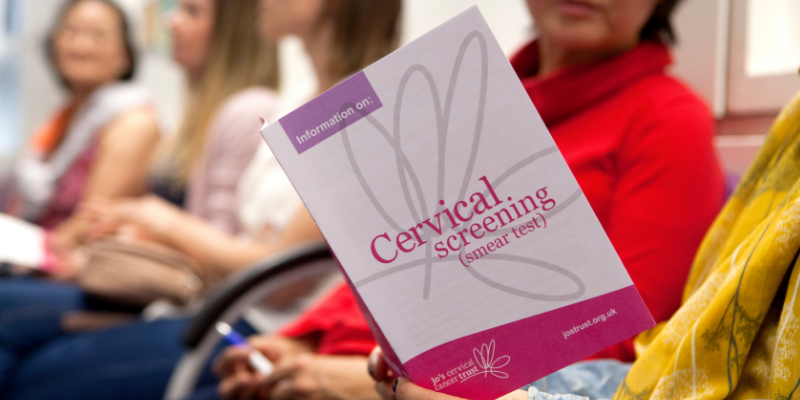News and blog
Last modified: 16 July 2025, 14:48
Get the latest news, policy updates and opinions from Jo’s.
For media enquiries please contact media@www.jostrust.org.uk or call us on 07772 290064.

Find out what we’re saying, doing and thinking. Read our latest research, comments and news.









